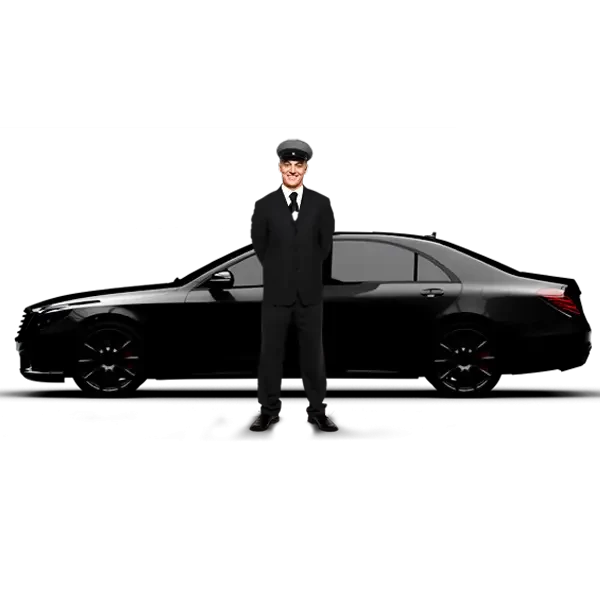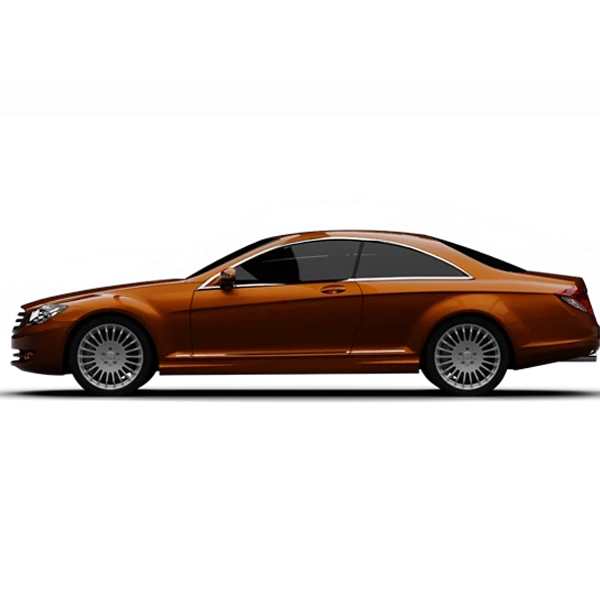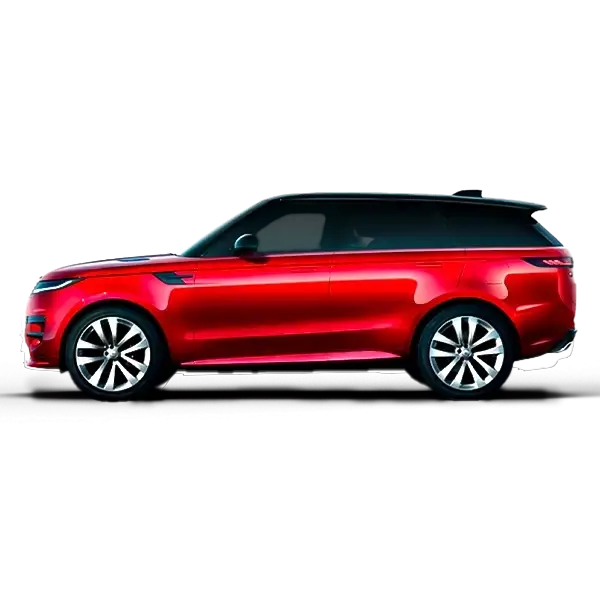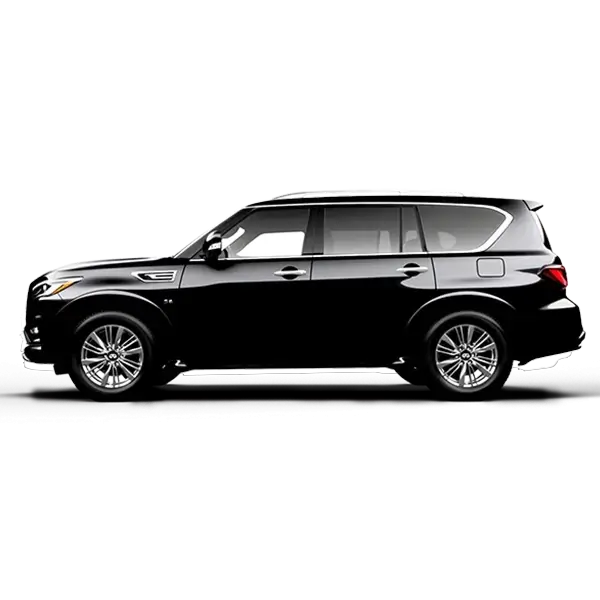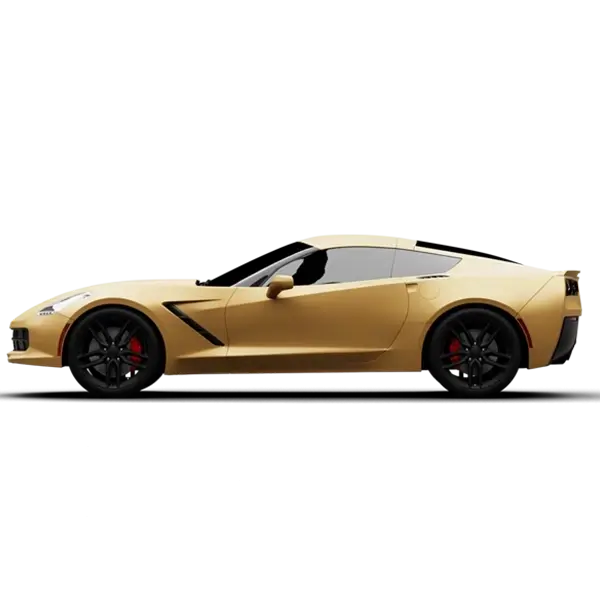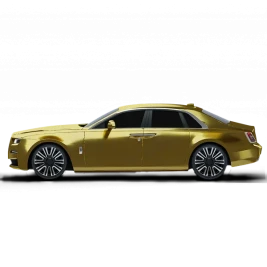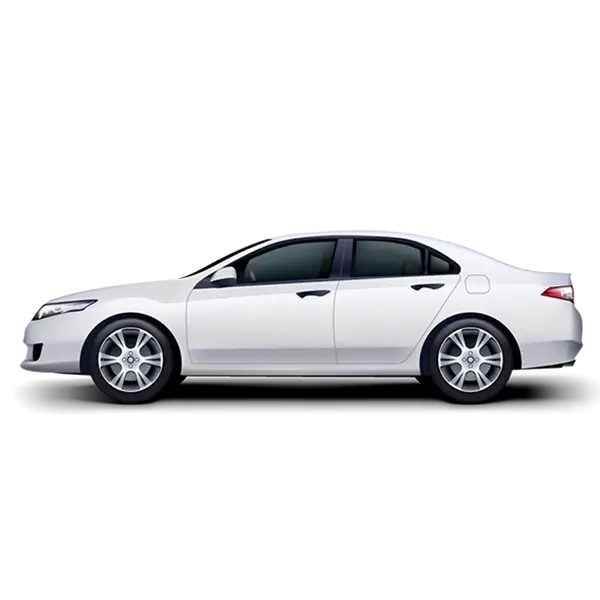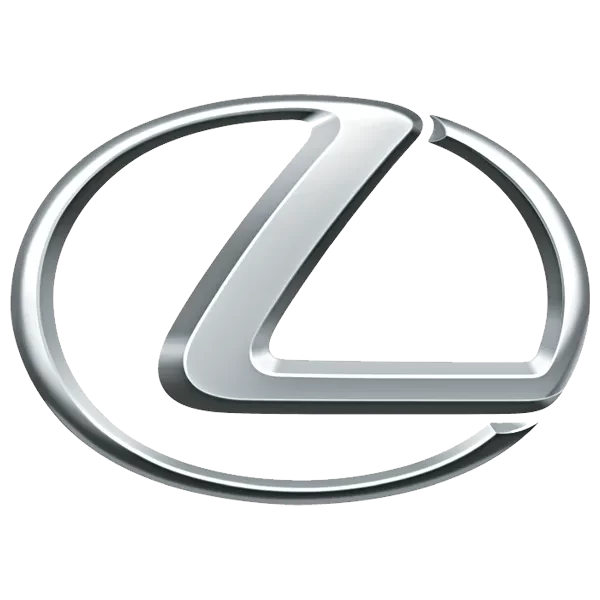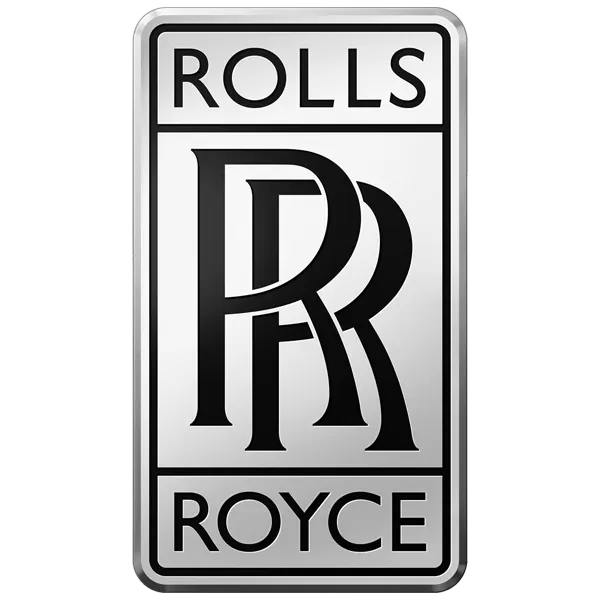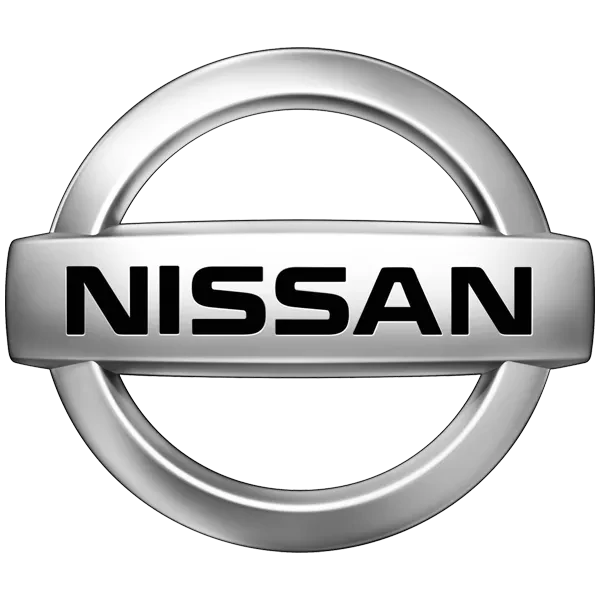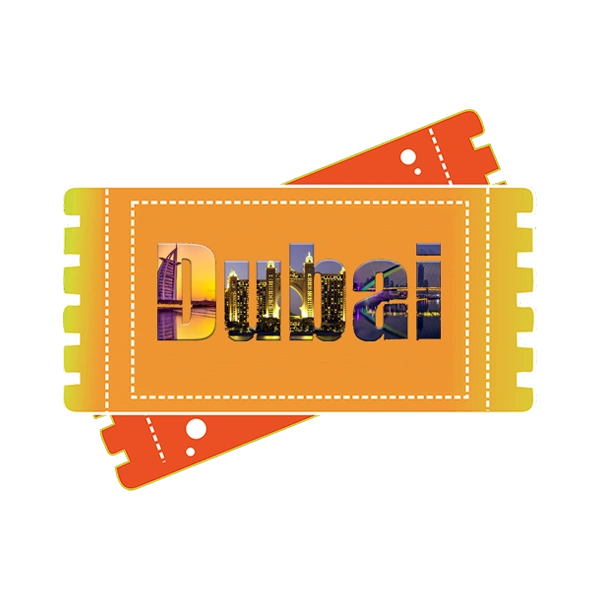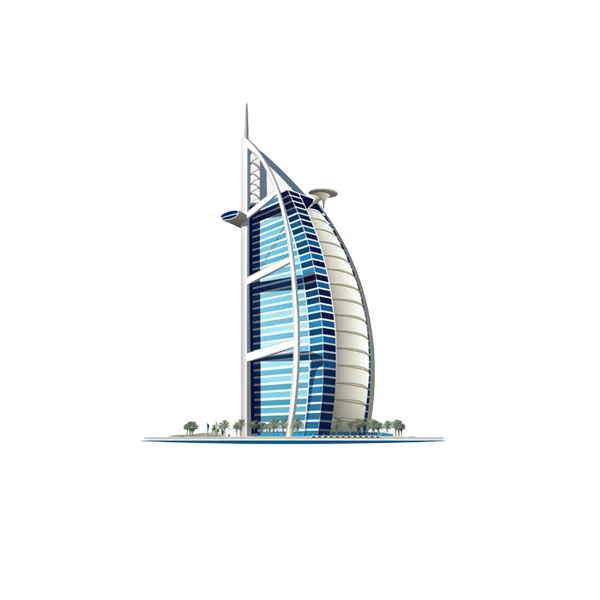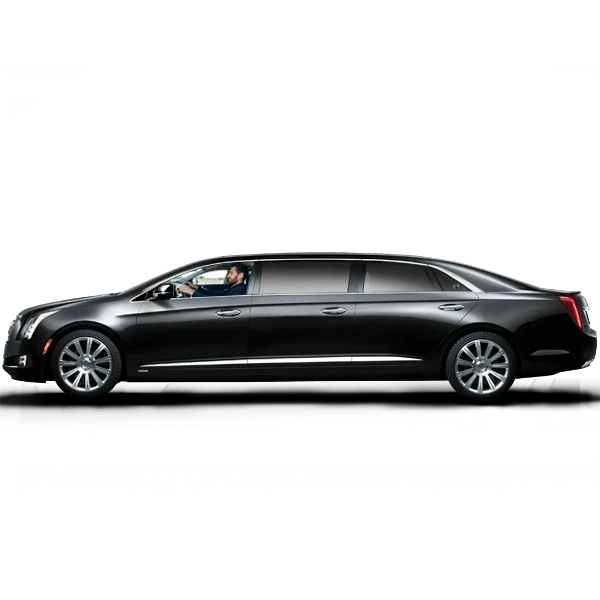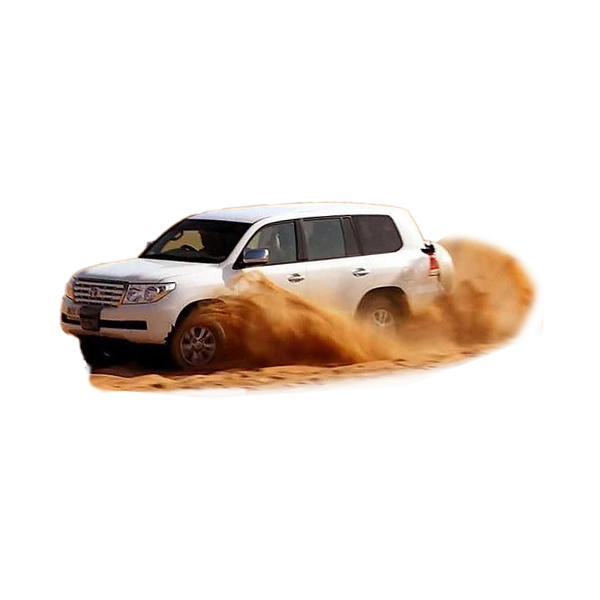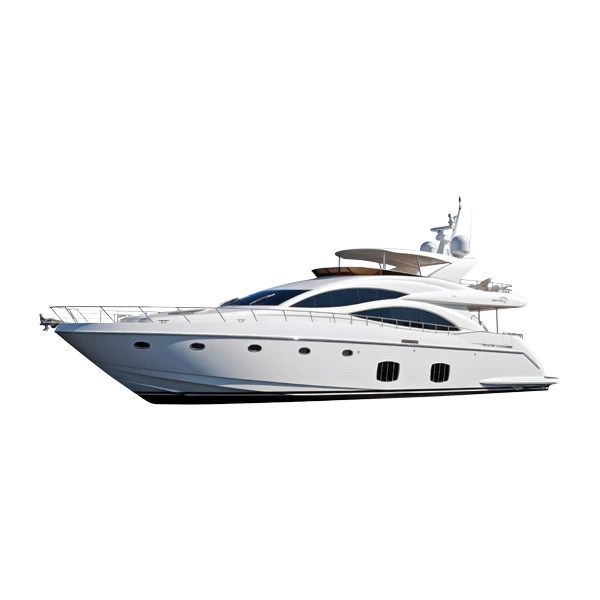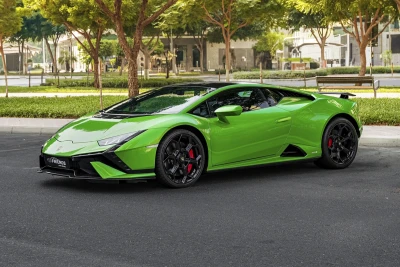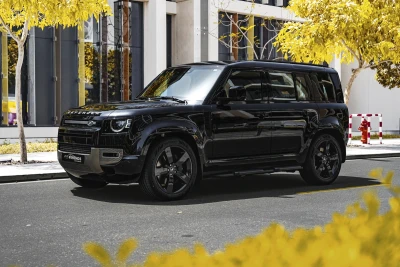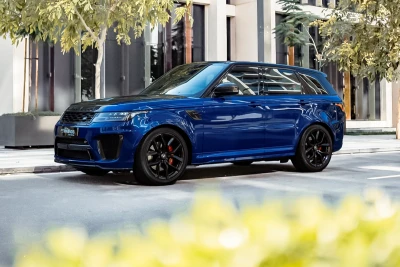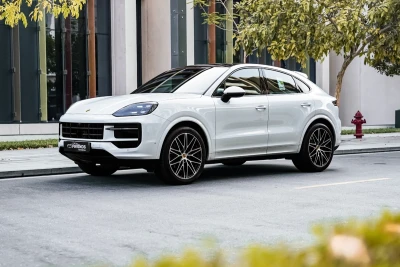Lease vs. Buy a Car in Dubai: Which is Best for You?
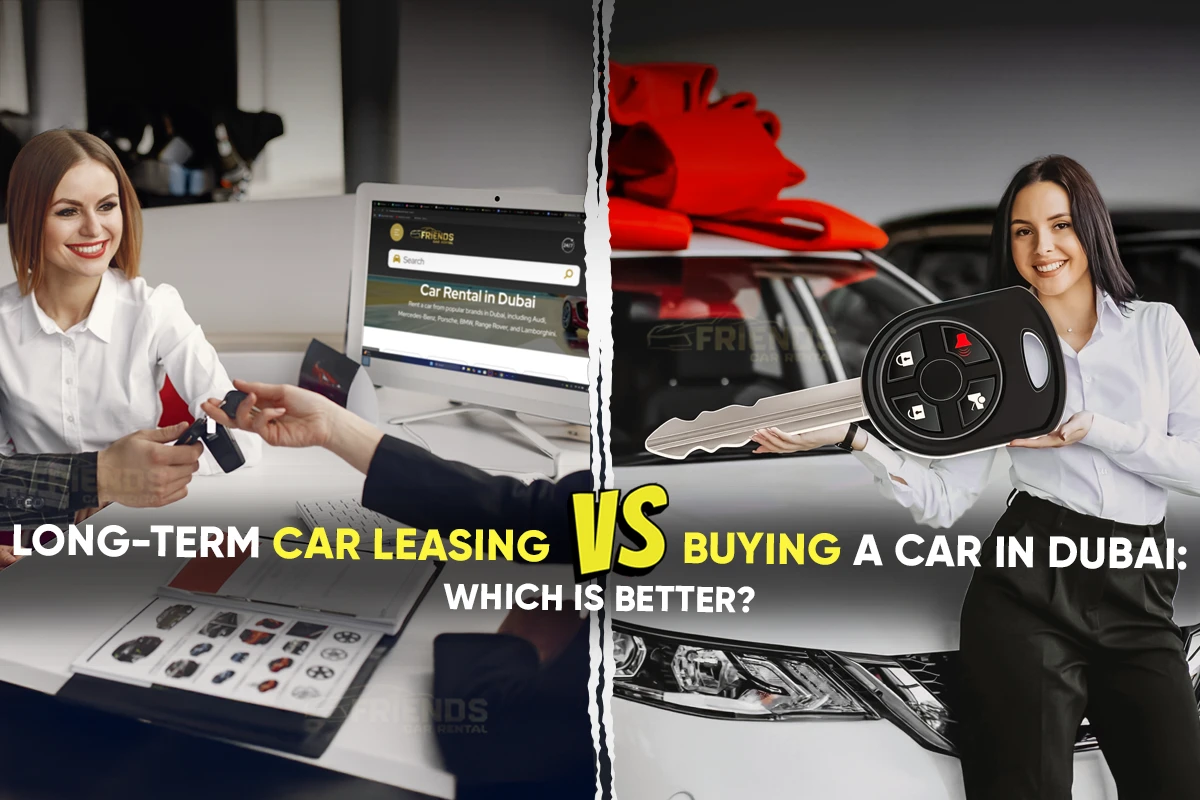
Flexible Dubai exploration or convenient daily
travel—either necessitates your sets of wheels. However, acquiring that
essential vehicle isn’t straightforward: lease long-term or buy a car—which one
suits your lifestyle better? It’s a dilemma that requires in-depth insights on
Dubai’s automotive market dynamics and varying financial situations. But don’t
you worry. This article breaks down all related factors from cost to RTA rules,
helping you choose the right option for your seamless Dubai journey. Learn about
the pros and cons of leasing vs. buying a car in Dubai—make the right decision.
Lease vs. Buy Car in Dubai: Understanding the Basics
Leasing a car in Dubai is ideal for short-term
convenience and lower upfront costs, especially for expats and business users.
Buying suits long-term residents who want full ownership, the freedom to
customize, and potential equity over time. Choose leasing if you value
flexibility; choose buying if you're investing in a permanent Dubai lifestyle.
Leasing a car in Dubai is a long-term rental that extends at least
3 months (90 days). It usually ranges from 3 months to a year or more. Dubai
car leasing is popular among the corporate world. They lease cars for their
employees to maintain a professional image and take advantage of tax benefits.
Small percentage, say 2% of leasing, comes from individuals.
Buying a car in Dubai is a straightforward acquisition of
a vehicle. You complete the paperwork and pay full or in installments, and
drive away with a brand new ride. Ownership, commitment, and maintenance
responsibility come along with it.
Is it Better to Lease or Buy a Car in Dubai? Key Factors to Consider
Both buying and leasing a car in Dubai have their
benefits and drawbacks—one outperforming the other in different aspects. Let’s
dissect their pros and cons, considering some key factors:
1. Cost Analysis: Leasing vs. Buying in Dubai
Leasing a vehicle in Dubai mandates upfront initial
deposit and the first month’s rent. Deposit amount can vary but usually is
equivalent to a monthly rent. So, it can approximately range from AED 2,500 to
AED 50,000, depending upon the car. The lease cost goes up as with the luxury
and exclusivity of a car. Rare hypercars
like Pagani Huayra and Ferrari Monza SP2’s daily rent cost above AED 150,000
per day, so just imagine.
Take an Audi A6 2024 as reference, the monthly least cost
will roughly calculate to around AED 4,000, for a 12 month lease term. Buying
the same Audi, say used 2023 model will cost around AED 150,000 in total.
Initial down payment 20% ≈ AED 30,000. This will cover the lease cost for six
months.
At the end of your lease, you will have paid roughly AED
60,000. Buying the same car will cost you around AED AED 180,000, even without
considering financing costs for the used car. Leasing the car takes the win
here. It is a more financially sound and convenient option.
2. Flexibility and Commitment
Leasing is a temporary plan but buying is a serious
commitment. Even long-term leases, say 24 months let you explore more options
after maturity. You cannot say the same with car purchase, as it might not be
feasible to change cars every two years. Some wealthy individuals can afford,
but not a viable option for everyone.
Car lease Dubai lets you explore more options and upgrade
or downgrade as per requirement. Leasing offers flexibility whereas buying a
car ties you to it for a very long-term. Purchasing a car is not for you, if
you seek the latest driving thrills. In terms of flexibility and convenience,
even long-term leasing edges buying a car in Dubai.
3. Maintenance: Who Pays and What's Covered
The leasing agency takes care of car maintenance
throughout your lease. You don’t need to worry about vehicle service-related
costs. You just need to drive safely and smart to avoid accidents and damages.
However, when you buy a car, the maintenance cost comes out of your pocket.
Luckily, you get warranty and free service for a certain amount of time with
new purchases. Used car purchases might not include this.
For a worry-free drive, leasing a car is a viable option
compared to purchasing one. Once the free services end, the real struggle
starts. New cars usually perform well initially, but over time they wear out
and demand more frequent maintenance. In this round as well, buying a car in
Dubai suffers defeat.
4. Ownership and Resale Value
You don’t get the true sense of vehicle ownership with
leasing. With buying—you do. You accumulate equity after you pay off the EMIs.
It becomes your property. Do anything with it—sell it, rent it, or customize
it—no one will hold you back. You cannot do anything of such with a leased car.
You need to drive by the company rules, encircled in your leasing agreement.
You need not worry about depreciation when you lease a
car in Dubai. But, it affects car owners massively. The wear and tear dips the
resale values every year. End the leasing agreement and return the
vehicle—easy. However, with ownership, you need to sell your car for
depreciated value. It can be a hassle but you get some money in return, which
is better than not getting any from leasing. Buying a car takes the first win
here.
5. RTA Rules and Dubai-Specific Factors
RTA Dubai outlines Driving in Dubai requirements,
including vehicle registration processes, mandatory insurance policies, and
leasing agreements. When leasing, you don’t need to worry about Mulkiya and
TPLs. But with ownership, you need to take care of insurances and
registrations, including TPL. Additional insurances like CDW and PAI require
extra in both cases.
Tolls (Saliks), parking fees, refueling, and traffic
fines are applicable in both scenarios. Owners maintain a Salik account for
their vehicle, whereas lessees just need to pay accumulated amounts to the
agency. Lessees have less to worry about when it comes to legal aspects of
acquiring a car to drive in Dubai. Here as well, leasing a car beats buying.
Lease vs. Buy Car Dubai: Comparison Table
Here is the tabular comparison of Dubai car leasing and
buying, summarizing the crucial aspects involved. It reiterates some of the
essence from the previous sections for a clearer overview.
| Factors | Leasing a Car in Dubai | Buying a Car in Dubai |
|---|---|---|
| Upfront Costs: | Lower (initial deposit + first month's rent) | Higher (down payment, full purchase price) |
| Monthly Payments: | Typically lower; 5% VAT applicable. | Can be higher (especially with financing) ; 5% VAT applicable. |
| Total Cost (Short-Term): | Potentially lower (as per your 1-year example) | Likely higher (including depreciation, other fees) |
| Flexibility: | High: Upgrade/downgrade easily after lease term | Low: Difficult and costly to change cars frequently |
| Commitment: | Short to medium-term (e.g., 1-3 years) | Long-term commitment |
| Maintenance: | Often covered by leasing agency | Responsibility of the owner |
| Warranty/Service: | Covered during the lease term | Initial warranty/free service, then owner's responsibility |
| Ownership: | No ownership; vehicle is returned at lease end | Full ownership; build equity after loan payoff |
| Resale Value: | Not a concern for lessee | Owner bears the risk of depreciation |
| Early Termination: | Often incurs significant fees | Can sell the car, but may incur loss depending on market |
| Modifications: | Restricted by the lease agreement | Owner has full freedom to customize |
| Mileage Restrictions: | Typically present (20,000 to 30,000 km/year); excess mileage charges apply | No mileage restrictions |
| Registration (Mulkiya): | Usually handled by the leasing agency | Responsibility of the owner (AED 120/y; private car) |
| Insurance (TPL): | Often included in the lease agreement | Responsibility of the owner (AED 500 - AED 700) |
| Equity Building: | None | Potential to build equity |
| Customization: | Not allowed; limited by lease terms | Full freedom to customize |
| Long-Term Cost: | Can be higher than buying if constantly leasing new cars | Potentially lower over the very long term after loan paid |
| Who is it best for? | Individuals and businesses seeking flexibility, lower upfront costs, and predictable monthly expenses for a shorter term. | Individuals and businesses planning long-term ownership, wanting full control, and potentially building equity. |
Note: Leasing and purchase terms and conditions
can vary in various sections of Dubai’s automotive market. Above are the
generalizations of the common practices. Contact reputable leasing or car
dealerships for even greater clarity.
Final Thoughts
The choice between leasing or buying a car in Dubai comes
down to individual priorities and requirements. You may prefer one over the
other. However our detailed leasing vs buying
comparison leans mostly towards Dubai car lease.
Lower upfront cost, free maintenance, predictable payments, no registration
hassles, effortless acquisition, and extreme flexibility are ideal for
temporary ownership and frequent upgrades. Conversely, vehicle purchase offers
ownership, potential equity building, long-term cost savings, and mileage
freedom. Though it comes with ownership responsibilities and higher initial
costs. I would personally sway towards leasing. However, if you plan a
long-term stay more than 5 years, you can go with purchasing as well. Consider
Dubai’s used car market as an alternative to new cars for greater money-saving
opportunities.
FAQs
Can I transfer a car lease to someone else in Dubai?
Some leasing companies allow lease transfers. However,
not all contracts include this option, so it's important to check the terms
beforehand.
Is it possible to get a car lease for less than 3 months in Dubai?
Most car leases in Dubai are 3 months or longer. There
are some short-term leasing options available, often through rental companies.
However, these are typically more expensive than long-term leases.
Can I lease a car in Dubai if I’m a tourist?
Yes, tourists can lease a car in Dubai. It requires a
passport, visa copy, valid driver’s license, and a suitable payment method.
Security deposits are optional (some rentals require it). The lease term is
usually shorter for tourists, often ranging from a few weeks to a few months.
Written by: Friends Car
Published at: Tue, Apr 22, 2025 6:28 PM
Leave a Reply
Your email address will not be published. Required fields are marked *
Car Rental in Dubai
AED 2500
DAY
AED 0
MONTH
-
 SUV
SUV -
 4 Doors
4 Doors -
 5 Seats
5 Seats
- 1 Day Rental Available
- Deposit: Not Required
- Insurance Included
AED 5500
DAY
AED 0
MONTH
-
 Sports
Sports -
 2 Doors
2 Doors -
 2 Seats
2 Seats
- 1 Day Rental Available
- Deposit: Not Required
- Insurance Included
AED 1200
DAY
AED 0
MONTH
-
 SUV
SUV -
 4 Doors
4 Doors -
 5 Seats
5 Seats
- 1 Day Rental Available
- Deposit: Not Required
- Insurance Included
AED 1600
DAY
AED 0
MONTH
-
 SUV
SUV -
 4 Doors
4 Doors -
 5 Seats
5 Seats
- 1 Day Rental Available
- Deposit: Not Required
- Insurance Included
AED 1500
DAY
AED 28500
MONTH
-
 SUV
SUV -
 4 Doors
4 Doors -
 5 Seats
5 Seats
- 1 Day Rental Available
- Deposit: Not Required
- Insurance Included

 عربي
عربي
 English
English
 Français
Français
 Русский
Русский
 中国人
中国人
 Nederlands
Nederlands
 Española
Española
 Türkçe
Türkçe
 Italiana
Italiana



